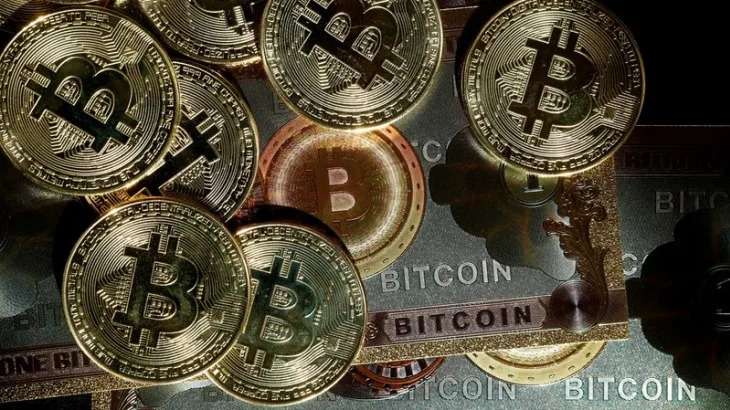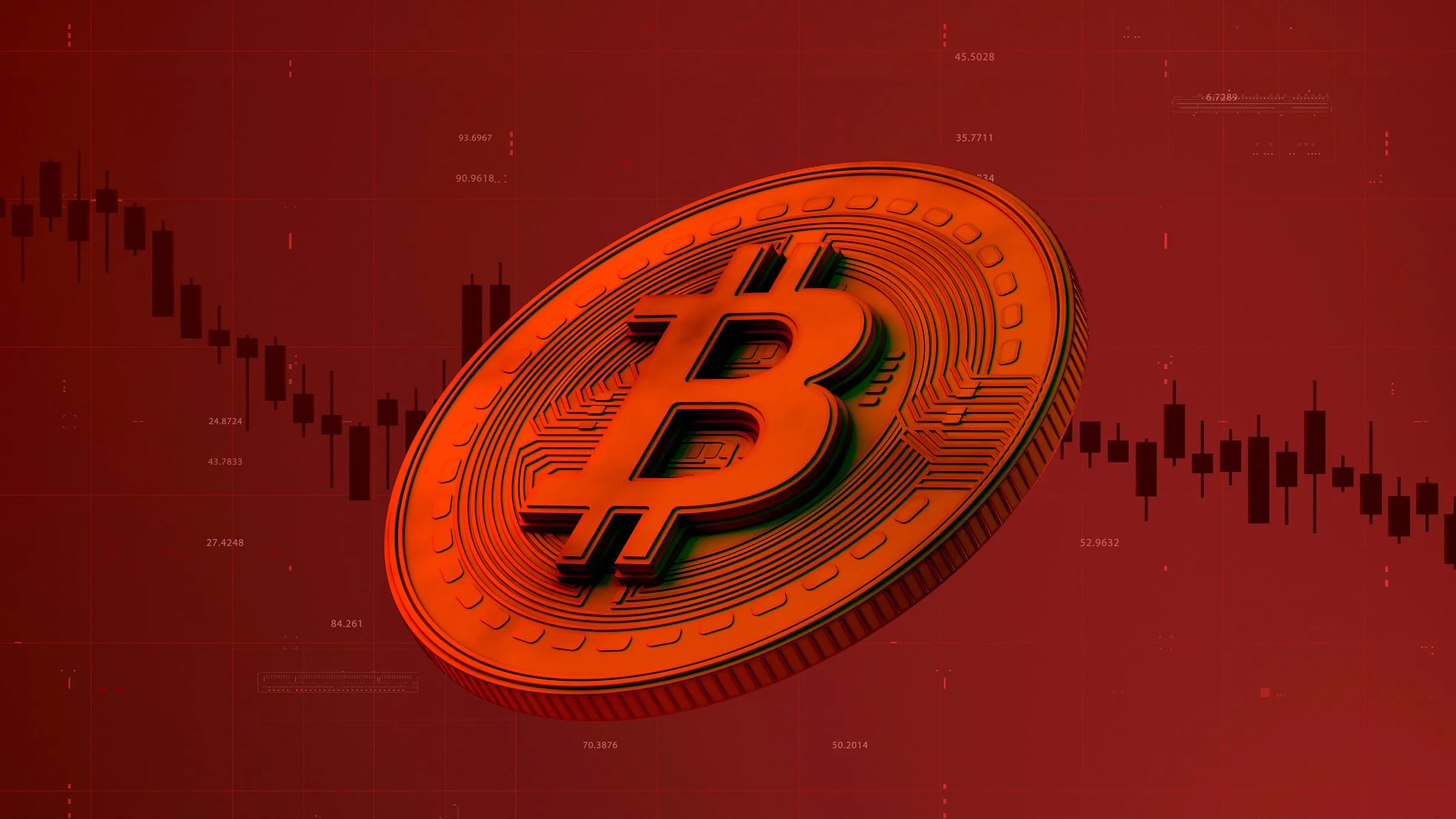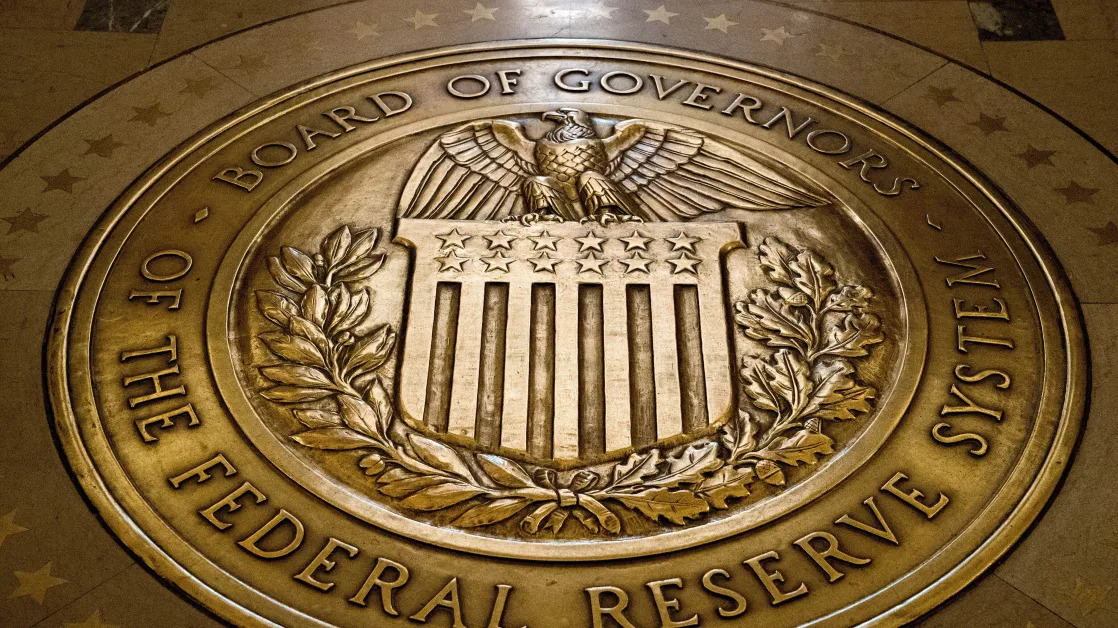(Bloomberg) -- US stocks soared Tuesday after the biggest three-day rout in five years, fueled by the most oversold conditions since the depths of the pandemic and optimism the Trump administration will water down its harsh tariff regime.
The S&P 500 Index jumped 3.34% as of 9:31 a.m. in New York, heading for its best day since November 2022. The cash index shed more than $5 trillion in three days, with Monday’s lows taking it more than 20% from its latest record. Rumors of a possible tariff delay sparked a massive rebound before the index found support at 5,000. Treasuries also reversed a rally, with the 10-year yield pushing back above 4%.
“It’s a normal reflexive bounce you tend to see after plunging into oversold territory so quickly,” said Kevin Gordon, senior investment strategist at Charles Schwab & Co. “We’re in an environment of extreme volatility, and that counts both the downside and upside.”
Follow The Big Take daily podcast wherever you listen.
The Cboe Volatility Index soared past 50 Monday and was still near 40 early Tuesday, well above its long-term average. More than 29 billion shares exchanged hands in yesterday’s wild ride.
While stocks looked set to recover some Tuesday, the S&P 500 Index still remains 15% off its Feb. 19 peak. The 14-day relative strength index sank to 23 Monday — its lowest since 2020 and well below levels that historically suggest the S&P 500 is ripe for a bounce.
Tuesday’s relief rally has forced big-money speculators to unwind bearish bets in droves as oversold stocks recovered, leaving many scrambling to unwind short positions, according hedge-fund manager Jim Roppel, founder of Roppel Capital Management.
“This rebound feels very much like a telltale sign of a short squeeze,” Roppel said by phone. “But things are so brutally oversold it makes perfect sense for stocks to rally.”
Adding to optimism Tuesday were comments from Treasury Secretary Scott Bessent, who said there’s the potential for advantageous trade deals with major US trading partners.
“I’ve seen the call list at the White House, and it’s substantial — we were having a discussion last night about which countries to prioritize,” Bessent said on CNBC Tuesday. “You are going to see some very large countries with large trade deficits come forward very quickly.”
China, however, was not among them, with Beijing saying late Monday it is prepared to “fight to the end.” Japan looks set to get priority in talks to roll back President Donald Trump’s duties, which are scheduled to kick in at 12:01 a.m. Wednesday.
“The market is setup for a relief rally, while the ex-China headlines point to negotiations with Japan driving markets more than the retaliation risks with China and the European Union,” Andrew Tyler, head of global market intelligence at JPMorgan Chase & Co., wrote in a note to clients Tuesday.
The chances of the stock market staging a tactical rebound have increased after the recent selloff, according to JPMorgan Chase & Co. strategists including Tony SK Lee.
Market technicians are monitoring The Arms Index, also called TRIN, an indicator that tracks the relationship between the number of stocks increasing or decreasing in price and the volume associated with those stocks.
Readings below 0.5 suggests more demand for stocks and dictates how oversold the market is, while readings above 2.0 are a sign that investors are dumping equities and that stocks are overbought. On Monday, it fell to 0.47, helping drive a short-term bounce for equities.
After hedge funds sold global stocks Thursday by the most since the first half of 2020, the group, along with long-only funds, were both net buyers Monday at $1.5 billion — the highest buy skew for hedge funds since January, according to Goldman Sachs Group Inc. That comes after bets against the world’s largest exchange-traded fund — the SPDR S&P 500 ETF Trust (SPY) — climbed to the highest since December on Monday.
--With assistance from Norah Mulinda.





